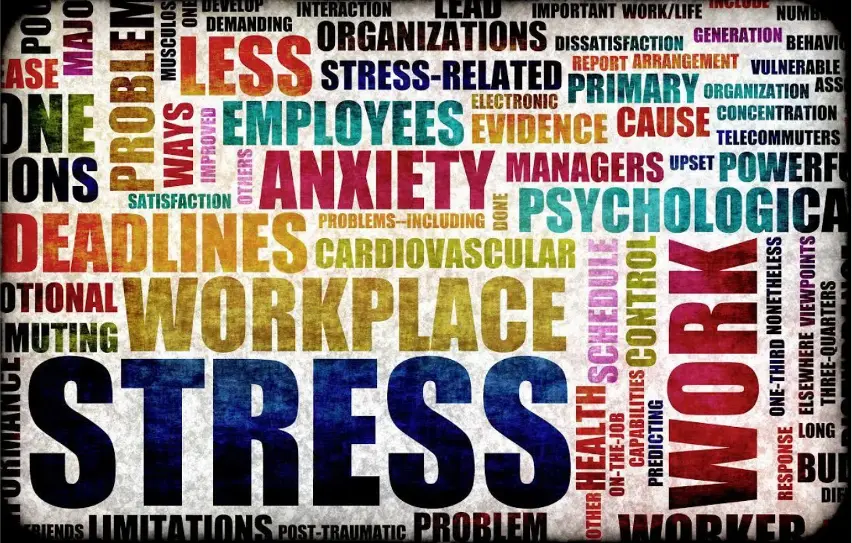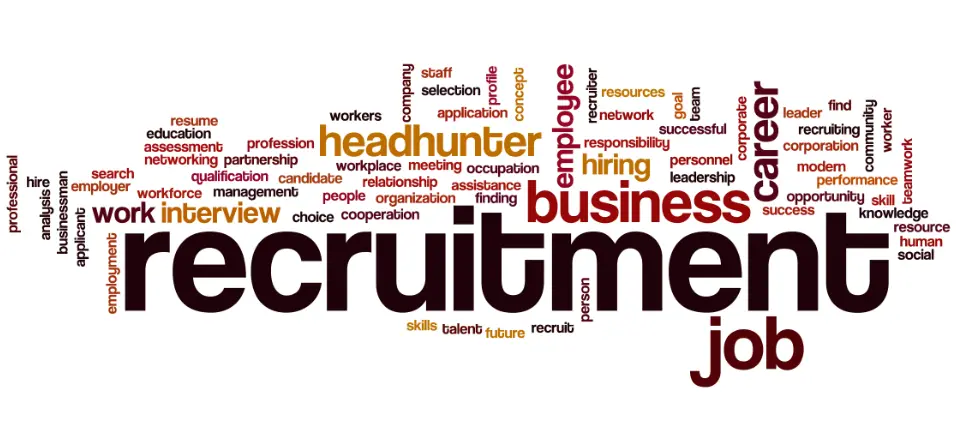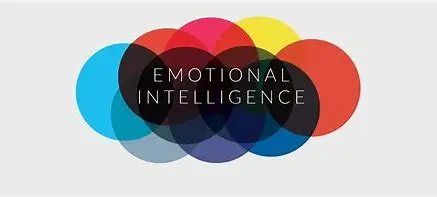Our workplaces today are overburdened with stress. What is the reason? Is it the need to generate extraordinary results, scarcity of time and resources, excessive work pressure or implausible challenges contributing to this stress?
Probably not; these factors were, are, and will remain essential to any workplace. One of the reasons for this stress is the fact that today’s workplace has a mix of employees from various generations, right from Baby Boomers (born 1946 to 1964) to Gen X (born 1965 to 1976) to Gen Y (born 1977 to 1990) and now even Gen Z (born 1997 to 2012). Most of the senior managers in organizations today are Baby Boomers. In contrast, middle-line and front-line managers are a mix of Generation X and Y. Conflicting expectations from each other and consequent behaviour are the genesis of stress in the workplace. Unless people from various generations try to understand each other’s point of view, their differences will never subside. The ensuing write-up is an effort to sensitize Baby Boomers, Gen X and Gen Y, about their actions that give rise to stress at the workplace and what they should do to de-escalate it.
Technological Advancement
Gen Y and Gen Z are tech-savvy. Exponential technological advancement is providing unprecedented exposure to Gen Y and Z. They are fascinated by computers, mobile phones, the internet and video games. Email, SMS, BBM, WhatsApp, etc., have become integral to Gen Y and Z’s life. They spend hours and hours on these gadgets to connect with each other. On the contrary, Baby Boomers consider these activities a waste of time and Gen Y and Z’s casual approach towards work. However, Baby Boomers can take advantage of Gen Y and Z’s high affinity towards technology/gadgets and social media by allowing them to use the same at the workplace to produce extraordinary results. Nevertheless, if Gen Y and Z can show the tangible benefits of their understanding of the latest technology for improving business results, they will come closer to their seniors effortlessly. This will help them expel the apprehensions of their seniors and ease unnecessary tension between them.
Feeling of Independence
Another factor contributing to Gen Y and Z’s mindset is the prevailing socio-economic conditions. Unlike the ‘West’, Baby Boomers in India grew up in an era of scarcity and control, whereas Gen Y and Z had abundant resources and the liberty to live their own lives. This feeling of empowerment and independence has made Gen Y and Z demanding and shaped their personality and, consequently, behaviour. This new age persona and associated behaviour of Gen Y and Z causes differences between them and others. When they ask questions, others, especially Baby Boomers, take it as an attack on their authority. Gen Y and Z’s suggestions are perceived as radical and their lifestyle as provocative; it looks as though they always want to break the rules. No wonder such perceived notions and resultant responses from Baby Boomers and Gen X make Gen Y and Z revolt. Needless to say, this leads to stress in the workplace.
On the face of it, Baby Boomers seem to be on the receiving end, yet ultimately who is the loser? It is Gen Y and Z as they have their whole life to live. A healthy life full of joy needs to be devoid of stress. Today, no one is surprised to hear the news of death due to a heart attack of a youngster at just 29. This is because while Gen Y remains in the euphoria of their self-created empowerment and independence, they do not realize that stress originating due to the imposition of their feelings on others harms them more.
To be continued …
(To read the remaining parts, please click on the link – (Activity | Vivek Mehrotra | LinkedIn)
Let us know if you would like to unlock the full potential of your leadership team through Assessments & training together! Visit our website, www.assesspro.in, to learn more about AssessPro.
If you need any specific information, please get in touch with us @ vivek@assesspro.in, message us on WhatsApp, or call us at 91-9739197566.Published by Vivek Mehrotra


